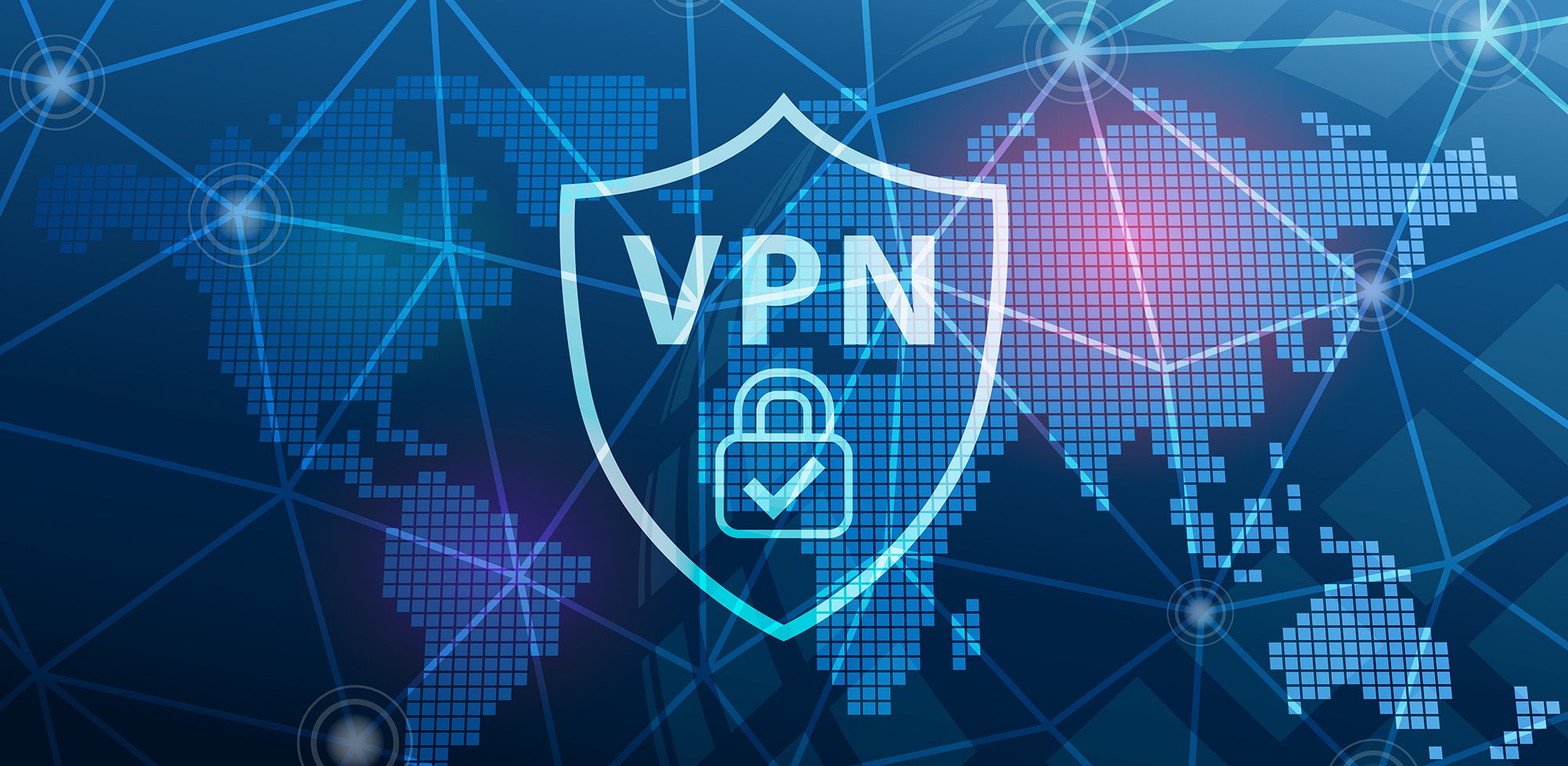Top VPN service providers allow completing many user tasks that tend to be impossible without a virtual private network. Almost every VPN service allows streaming geographically restricted web content, and it should offer an additional layer of anonymity and privacy. Then again, have you wondered what causes a VPN to be truly secure?
Here, we will look at the attributes that make it to be secure. With the following information, you can determine which VPN service would best offer the required security when browsing through a residential network or public wireless network.
No-Log VPN Policy
An important security aspect to think about when shopping for a VPN solution is the amount of information that the provider gathers. To find it, you should check whether the service comes with this policy in a detailed form.
Essentially, it should let you know that the VPN solution does not gather any information transmitted on your network. It could be personally identifiable information, search history, download data, or other sensitive details you wish not to share.
Look at the privacy policy of the service provider to determine whether they hold any other piece of information, and when they do it, for what amount of time. A server for VPN solutions to users is at risk of cyberattacks; even if enough security measures are established, hackers could target it. Besides, any data on the server is likely to be given to authorities in the event of a government forcing the provider to do it.
Encryption Level And Available Protocols
A virtual private network can encrypt your web traffic, which makes it difficult for malicious parties to decipher, despite them getting it somehow. Almost every VPN provider utilizes very secure and popular AES-256-bit encryption.
Anyhow, encryption is only among the security features that they use to protect your traffic. Several other processes are part of it, but all of those come under good cybersecurity practice.
Most providers use OpenVPN as it is considered a more secure VPN protocol than the rest. That said, the new WireGuard is turning into a well-known option as well. OpenVPN utilizes a customized security protocol, which offers better security and speed as compared to previous options. WireGuard may usually be deemed faster, but OpenVPN is more broadly utilized even today.
A VPN Kill Switch
The feature would result in your web browsing session being terminated in the event of the VPN losing its connection. If you keep surfing the web with no VPN protection, then your traffic is likely to be intercepted. So, do not go for a VPN without this even if it has many other top features.
IP Address Safety
To know how secure and reliable your VPN solution is, check whether its provider has a record of vulnerability or not. You should specifically check whether they have encountered any IPv4 address or IPv6 address leaks.
A VPN solution should mask your Internet Protocol address. Top providers use a technique called PFS that involves creating privacy keys at the start of a VPN-facilitated browsing session. Thus, your traffic becomes unusable to access previous or future web data albeit it is decoded. Your key would be modified at intervals in use to confirm maximum safety.






